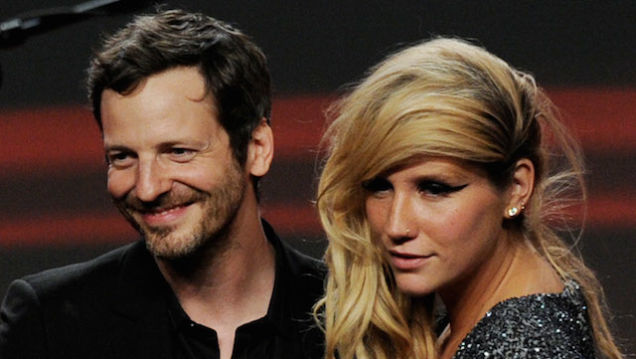Kesha’s case against Sony and Dr Luke dismissed by New York judge
By Ben Kelly

A judge in New York has refused to overturn a controversial ruling which retains Kesha in her contract with Sony, despite her claims that her current circumstances amount to “slavery.”
In February, it was ruled that Kesha had to carry out the remainder of her multi-album deal with Sony, in which all music had to be produced by Dr Luke, despite the fact that she had made serious allegations against him.
The singer claims that Dr Luke drugged and raped her a decade ago, and that he inflicted psychological abuse on her in the years since, causing her to suffer from eating disorders. He has denied ever raping, or having sex with her.
Nonetheless, Kesha now claims she cannot work with Luke (real name, Lukasz Gottwald), although Sony are refusing to release her from her contract, or alter the terms which lock the two artists together.
A lawyer for the company has claimed that “Sony has made it possible for Kesha to record without any connection, involvement or interaction with Luke whatsoever, but Sony is not in a position to terminate the contractual relationship between Luke and Kesha.”

In her ruling, Manhattan State Supreme Court Justice Shirley Werner Kornreich said the New York court had no jurisdiction over the case because the alleged abuse happened in California.
She added that Kesha’s human rights were not being violated because Sony has promised to keep thing singer “insulated” from Dr Luke, and downplayed her claims of psychological abuse, the BBC reports.
“[Kesha’s] claims of insults about her value as an artist, her looks and her weight are insufficient to constitute extreme, outrageous conduct intolerable in a civilized society,” the judge wrote.
Kesha’s lawyers have not responded to the ruling.
The singer has had much vocal support from some of the industry’s biggest names, including Taylor Swift, Lady Gaga and Adele, not to mention an army of fans and supporters online. Over 400,000 people have petitioned Sony, and a protest was held at their headquarters in March.
The case has similarities to a famous 1994 battle between George Michael and Sony, when he unsuccessfully sued the label for neglecting to promote his work, while retaining him within his contract. He claimed it was because he refused to market himself as a sex symbol, and described the scenario as “professional slavery.”
More stories
Kesha fights back tears as she accepts LGBT visibility award
‘As a rape survivor, I feel betrayed by Kesha’s injunction ruling’
